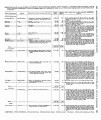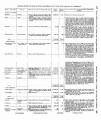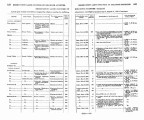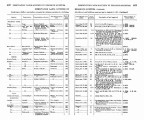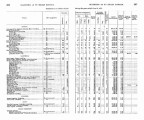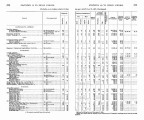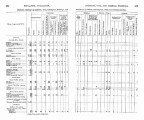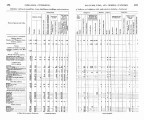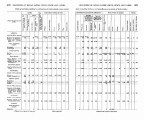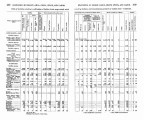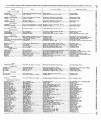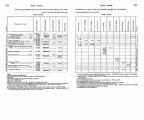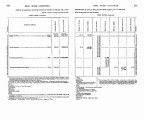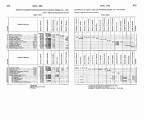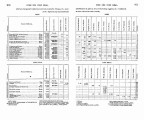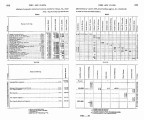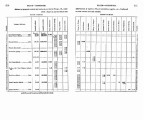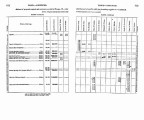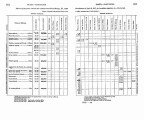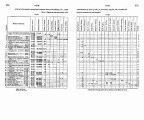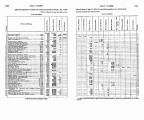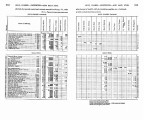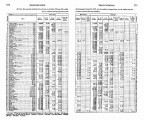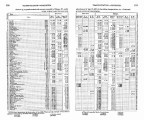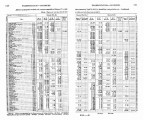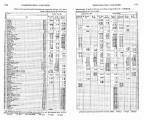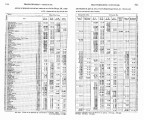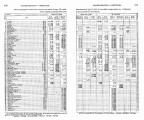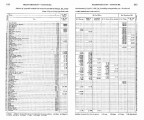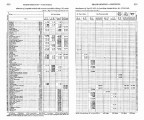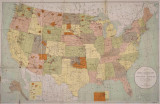| Title |
Annual Report of the Commissioner of Indian Affairs - 1897 |
| Subject |
Indian reservations; Federal government; Indians of North America; Indians of North America--Education; Courts; Allotment of land; Land use; Railroads; Timber; White people--Relations with Indians; Health; Annuities; Horses; Crime; Missionaries; Irrigation; Grazing; Alcohol; Livestock; Natural resources; Education; Water rights; Housing; Tribal government; Religion; Culture; Indigenous peoples--North America |
| Keywords |
Annual Report; Indian Agency; Reservations; Allotment; Land Rights; Inter-tribal Relations; Resources; Superintendency; Native Americans |
| Publisher |
Digitized by J. Willard Marriott Library, University of Utah |
| Tribe |
Ute |
| Band |
Uncompahgre |
| Language |
eng |
| Description |
Excerpts concerning Utah from the Annual Report of the Commissioner of Indian Affairs - Courtesy of the University of Wisconsin Digital Collections. The Commissioner of Indian Affairs submits a report outlining expenses associated with Indian agencies, attendance in Indian schools, performance in off-reservation boarding schools, the distribution of allotments and the lease of unallotted land, the construction of Indian homesteads, the work of various Indian commissions, and the progress of agricultural enterprises. The Commissioner also discusses allotments on the Uncompahgre Reservation. A Colorado Indian agent submits a report concerning the Utes. Uintah Ouray Agent Randlett discusses crop and livestock raising, attendance at the Uintah Boarding School, Indian housing, allotment distribution, court claims, etc. The Superintendent of the Uintah Schools submits a report regarding the conditions of buildings, attendance, and classroom performance |
| Type |
Text |
| Coverage |
Uintah and Ouray Indian Reservation (Utah); Utah; Washington (D.C.) |
| Format |
application/pdf |
| Rights |
Digital Image © 2011 America West Center. All Rights Reserved |
| ARK |
ark:/87278/s6gf3q5d |
| Creator |
Commissioner of Indian Affairs; Randlett, James F.; Goshorn, G.V. |
| Date |
1897 |
| Spatial Coverage |
Uintah and Ouray Indian Reservation (Utah); Utah; Washington (D.C.) |
| Setname |
uaida_main |
| ID |
372677 |
| Reference URL |
https://collections.lib.utah.edu/ark:/87278/s6gf3q5d |











































































































































